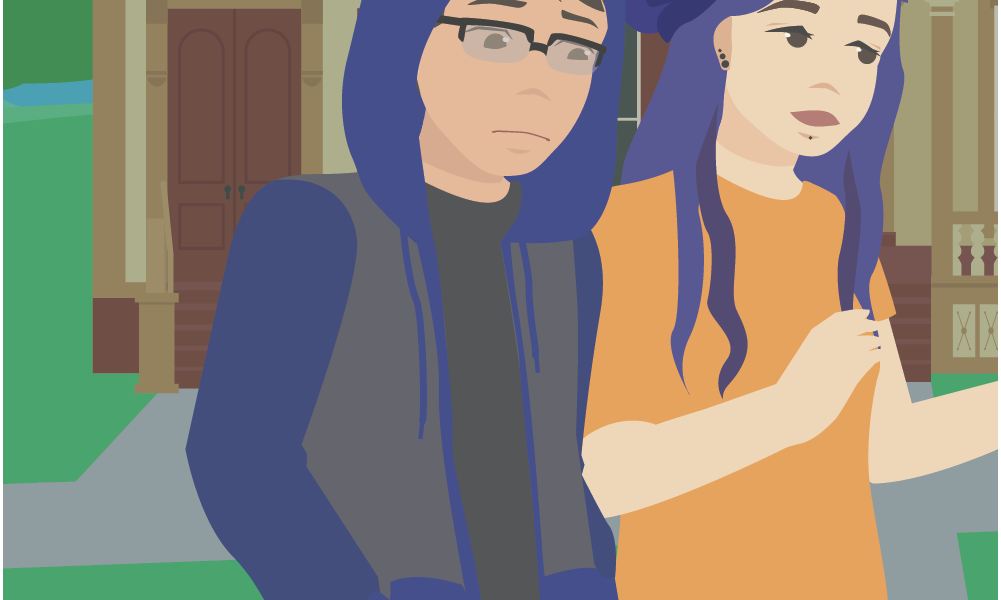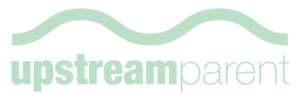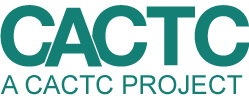September is Suicide Awareness Month, and it is important to spread awareness on the certain groups of teens that are more impacted by this topic than others, such as the LGBTQ+ community.
Lesbian, gay, bisexual, and queer (LGBQ+) students, as well as transgender and questioning students, are more likely to be bullied, experience mental health disorders and adverse childhood experiences, and consider suicide more than their straight peers. Out of those who completed a recent survey, Cortland LGBQ+ students are six times more likely to attempt suicide in the past year and three times more likely to think about suicide than students who identify as straight.1 Also, transgender and questioning students are five times more likely to report suicide attempts in the past year compared to cisgender teens.1
Many of these students tend to suffer from mental health disorders such as anxiety or depression. These disorders are not a direct consequence of their sexual orientation, but because of how they are viewed and mistreated in society. Cortland LGBTQ+ youth are 32.5% more likely to report that they have been threatened in a way that made them feel like they might be hurt, in comparison to their peers who identify as straight (18%).1 This bullying and harassment could impact mental health disorders, which has the possibility of causing more thoughts about suicide.
In order to prevent this mistreatment, there are many organizations within the Cortland community that are trying to bring awareness and correct misconceptions about the LGBTQ+ community. The Cortland LGBTQ+ Center offers cultural competency training for surrounding schools, organizations, businesses, and law enforcement to help bring awareness and educate individuals on addressing these health disparities.
CACTC is working to use social media to spread awareness about misconceptions within the LGBTQ+ community. They are also working to partner with other local organizations to ensure that they are using proper practices to make the LGBTQ+ youth population feel included.
If your child is a part of the LGBTQ+ community, remember to check in on them and their mental health. It is important for them to feel heard, and the best place to start is at home. Even if your child is not a part of this community, educate them on the topic. It is important for your child to understand the severity of mistreating an LBGTQ+ student, or anyone in general. You can start by:
- Having a conversation regardless if they have come out as LGBTQ+
- Ask them “Are they okay?”
- Address and discourage discrimination
Visit this Planned Parenthood article for more information on how to talk to your child, regardless of age, about the LGBTQ+ community: https://www.plannedparenthood.org/learn/parents/identity
If your child or anyone you know is thinking about suicide, please contact the local or national hotlines below. These hotlines provide free, 24/7 confidential help for those who are in distress, as well as providing resources and practices for you and your loved ones.3
- Cortland County Mobile Crisis Line: (607)-756-3771
- National Suicide Hotline: (988)
References:
- Cortland Area Communities That Care (CACTC). Results and Analysis: The 2021 Cortland County Youth Survey. https://www.cortlandareactc.org/publications. May 17, 2022.
2. Planned Parenthood. Talking to my child about identity. https://www.plannedparenthood.org/learn/parents/identity n.d.



